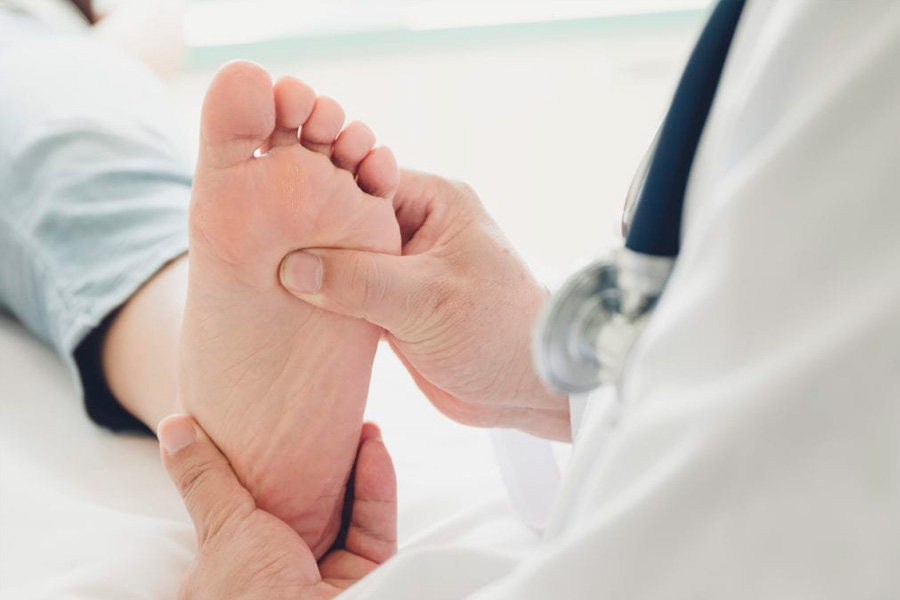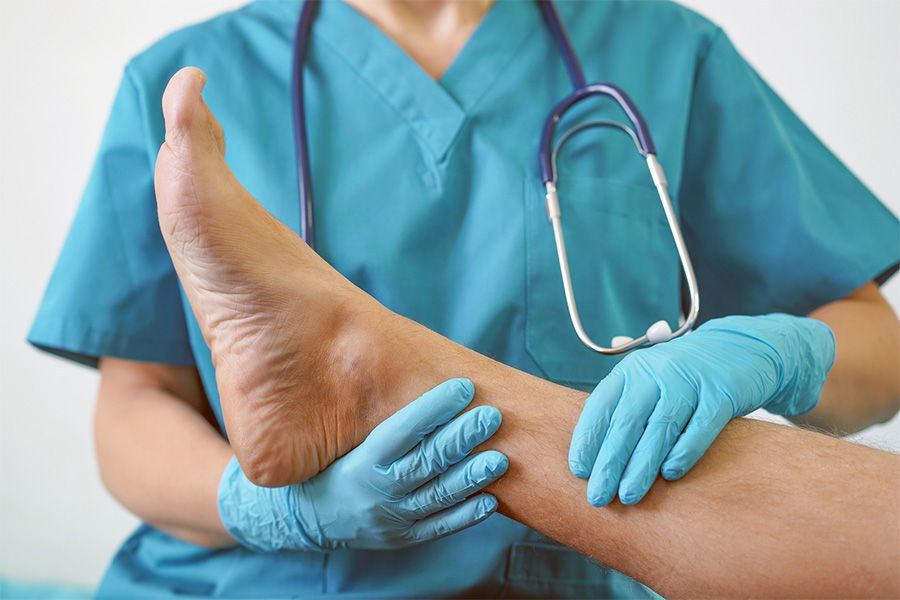Have you noticed a bony bump forming on the side of your big toe? If so, you might have a bunion. Aside from a visible lump on your foot, it may also cause redness, soreness, pain, and a burning sensation. A bunion develops when bone moves out of place, causing your big toe to get pulled toward your other toes, thus leading to a protrusion. A bunion can cause mild to extreme pain, so here are some tips you can follow to prevent it from forming in the first place.
What Causes Bunions?
There are several possible causes of bunions, such as work conditions, genetics, structural problems, and ill-fitting footwear. Conditions such as a foot deformity or arthritis may increase your risk of developing bunions.
You can’t avoid some of these factors, so the best way to decrease the risk of getting bunions is to observe preventive steps where possible.
How Can You Prevent Bunions?
Choose Comfortable Footwear
Studies show that bunions are more prevalent in women. This observation is related to their choice of footwear. Women who tend to wear ill-fitting shoes are more likely to develop bunions because their toes are cramped together. However, this does not mean that bunions do not occur in men.
When choosing footwear, make sure it has enough room for your toes to move. Your shoes must be able to balance the pressure and stresses on your feet. Likewise, opt for shoes with a wide toe box and avoid shoes that are too tight, narrow, or pointed.
If you have a pre-existing foot condition, consult your podiatrist regarding custom made shoes or orthotics. Having shoes specially made for you will make sure your feet are well-protected.
Manage Your Rheumatoid Arthritis
Rheumatoid arthritis is one of the conditions that may contribute to the development of bunions. When you do not manage your arthritis well, your feet are likely to become swollen, which can make your shoes fit tighter. Know and identify your rheumatoid arthritis triggers and avoid them. Be mindful of the foods you consume because some foods can trigger rheumatoid arthritis, leading to swollen feet.
Remember to Sit Down
Standing up for long hours puts the pressure of your weight on your feet. When you stand up for a long time while wearing ill-fitting shoes, you are more prone to developing bunions. Remember to take breaks between long hours of standing to let your legs and feet rest.
Strengthen Your Feet
The stronger your feet are, the more they can handle stress and pressure from your weight and movements. You should also exercise your feet to make them stronger. Try picking up small objects using your toes such as pebbles, pens, and crumpled paper. A podiatrist can recommend other excellent strengthening exercises.
Visit a Podiatrist
Developing bunions may run in your family. Foot shape, structure, and conditions such as high arches or flat feet may be caused by genetic factors. If you have these issues, you are more vulnerable to developing bunions. Make sure to take care of your feet and observe any signs of bunions. The earlier you know you have bunions, the sooner you can prevent it from getting worse.
Since genetics and some structural problems are uncontrollable factors, you can visit a podiatrist and seek their recommendation to decrease your risk of bunion formation. Experts usually advise custom orthotics that will help you manage the uneven stress caused by your foot structure.
Preventing bunions is not merely for aesthetic purposes. Bunions often cause discomfort and pain. You may follow these tips if you have a higher risk of developing bunions. However, if you already have bunions, you may consult your podiatrist for the appropriate treatment that can ease your pain.
Foot Care and Bunion Prevention in Cincinnati, Ohio
Your feet need a lot of care, just like the other parts of your body. At Cincinnati Foot and Ankle Care, we have highly skilled and experienced podiatrists who can diagnose and treat various foot and ankle problems such as bunions.
If your bunion is disrupting your routine and causing pain, don’t hesitate to visit one of our clinics for effective podiatric solutions. We have 18 clinics across southwest Ohio to serve all your foot care needs. You may also request an appointment online. We are looking forward to helping you.





